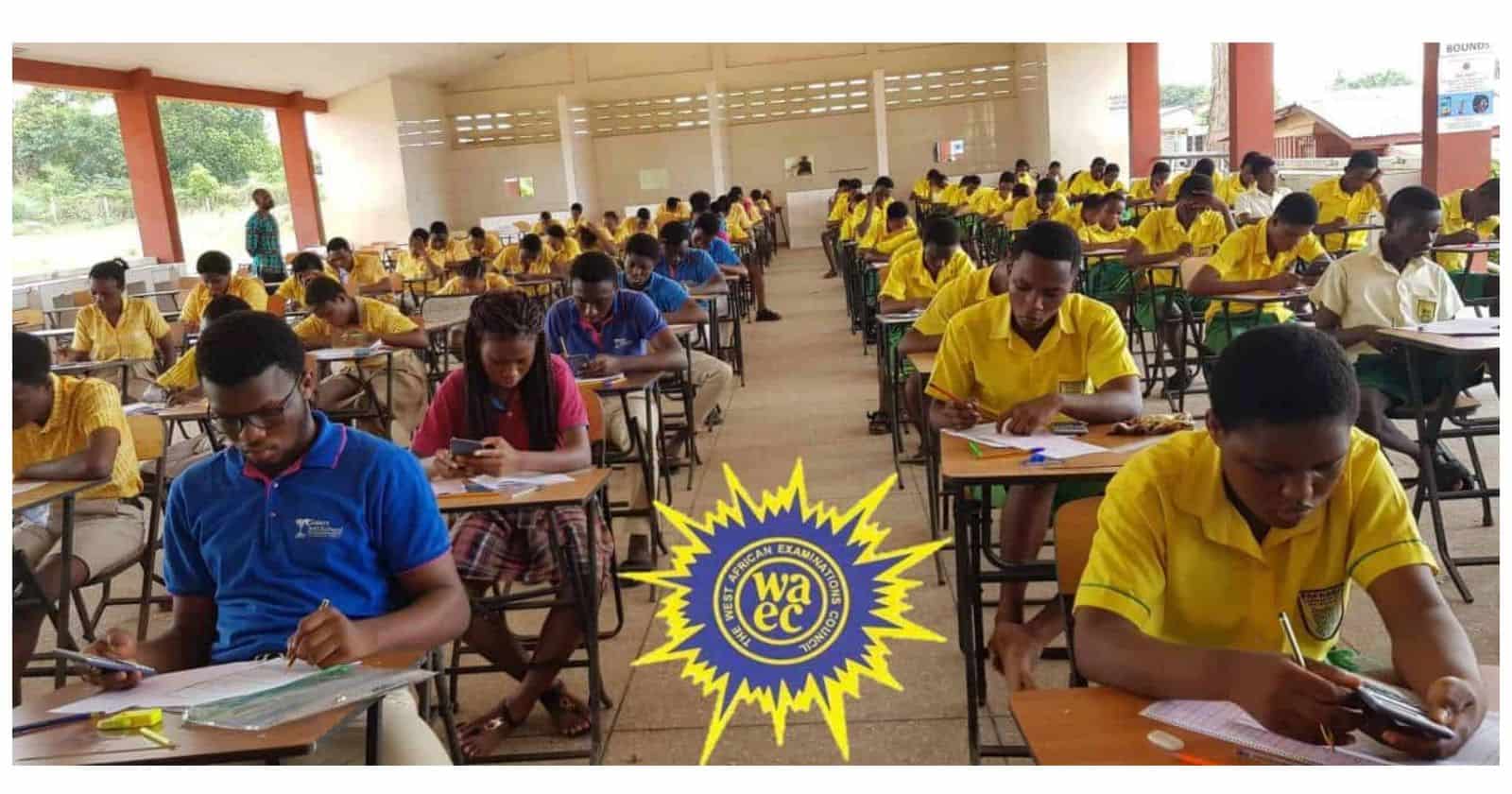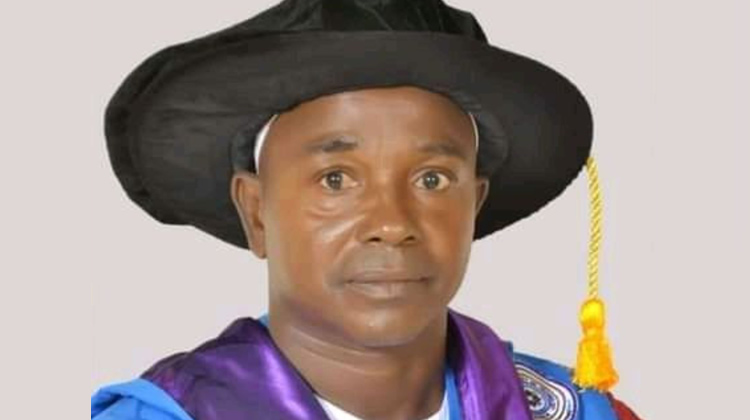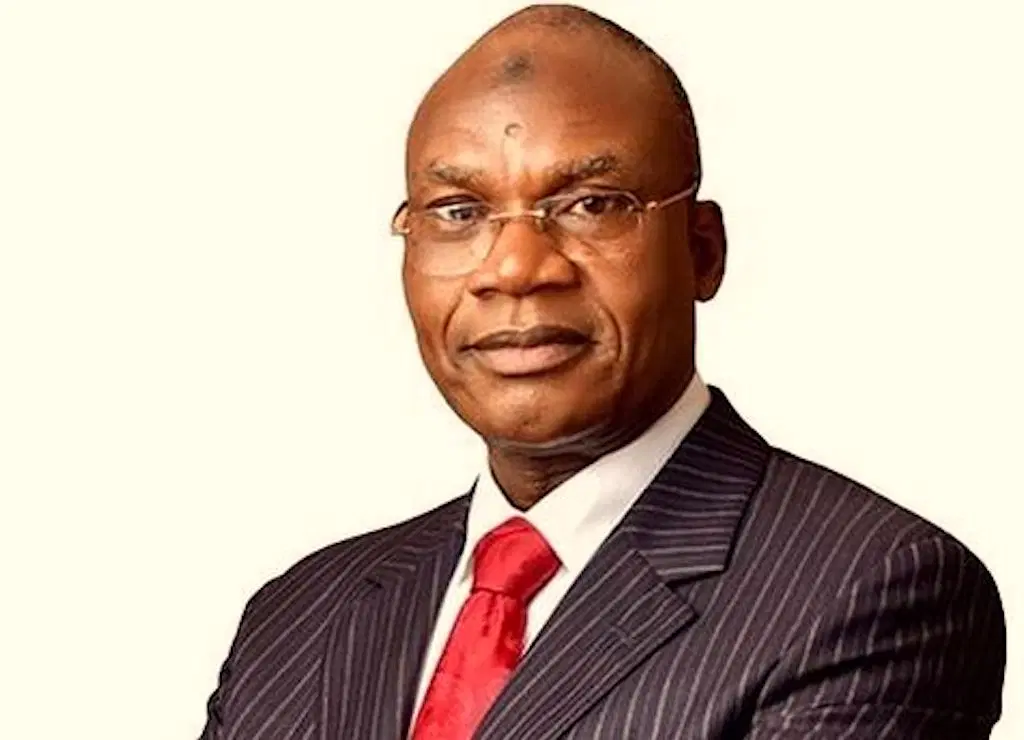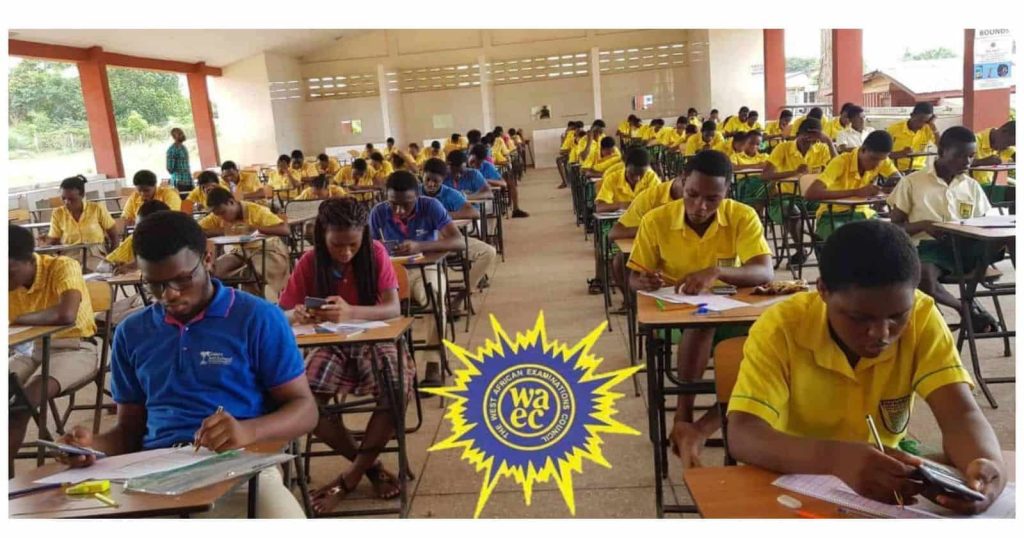Education
Nigeria’s Age Restriction on WAEC, NECO Exams Stirs National Debate

The Federal Government of Nigeria’s recent decision to ban individuals under the age of 18 from writing the West African Examinations Council (WAEC) and the National Examinations Council (NECO) has ignited widespread reactions from parents and students across the country.

Prof. Dantani Ibrahim Wushishi Registrar NECO
In an effort to address issues of academic integrity and prevent examination malpractice, the Federal Government announced that students below 18 will no longer be eligible to sit for these critical national exams. The policy aims to ensure that only candidates who have reached a certain level of maturity and readiness will undertake these significant assessments.
Mixed Reactions from Parents
Parents have expressed mixed feelings about the new policy. Some support the ban, believing it could reduce the high incidence of examination fraud and enhance the overall quality of education.
Mrs. Kate Ejeh, a parent from Abuja, commented, “I think it’s a step in the right direction. If students are more mature, they may take their studies more seriously and avoid the temptation of cheating.”
However, other parents worry that the policy might hinder their children’s academic progress. Mr. Mike Raphael, a parent from Nasarawa, voiced concerns about the potential delays this could cause.

Minister of Education, Tahir Mamman
“My daughter is a brilliant student, and she is in JSS 1 at age 9. This means when she is 14, she’s supposed to write WAEC. This new rule means she will have to wait longer, which might affect her academic trajectory.”
Another parent expressed frustration with the decision, highlighting the broader challenges of the Nigerian educational system: “In a country where a 30-year-old graduate is considered too old for a government job, you say a 17-year-old child is too young to go to university, knowing full well how epileptic the nation’s public universities’ academic calendars are.”
Students’ Reactions
Students are equally divided in their reactions. Some view the ban as a necessary measure to promote fairness and diligence in the examination process. Kemi Alabi, a student from Ibadan, said, “I understand why the government is doing this. If we’re more prepared and serious about our studies, it could make the exams more meaningful and less prone to cheating.”
Conversely, others feel frustrated by the restriction. Moses Gideon, a student from Port Harcourt, expressed his dissatisfaction: “This policy feels unfair. Many of us are ready for the exams and are capable of handling the responsibilities that come with them. Why should we be punished for the actions of a few?”
A Comparative Look at the British Curriculum
Many parents and students frustrated by the Nigerian system often look to alternatives like the British Curriculum. Also known as the National Curriculum of England, it divides education into stages aligned with specific age groups:
- Key Stage 1 (KS1): Ages 5-7 (Years 1 and 2)
- Key Stage 2 (KS2): Ages 7-11 (Years 3 to 6)
- Key Stage 3 (KS3): Ages 11-14 (Years 7 to 9)
- Key Stage 4 (KS4): Ages 14-16 (Years 10 and 11)
- Key Stage 5 (KS5): Ages 16-18 (Years 12 and 13, also known as Sixth Form)
While the British system offers a structured and balanced learning path, access to it in Nigeria is often limited to those who can afford private or international schools.
Advertise or Publish a Story on EkoHot Blog:
Kindly contact us at [email protected]. Breaking stories should be sent to the above email and substantiated with pictorial evidence.
Citizen journalists will receive a token as data incentive.
Call or Whatsapp: 0803 561 7233, 0703 414 5611















